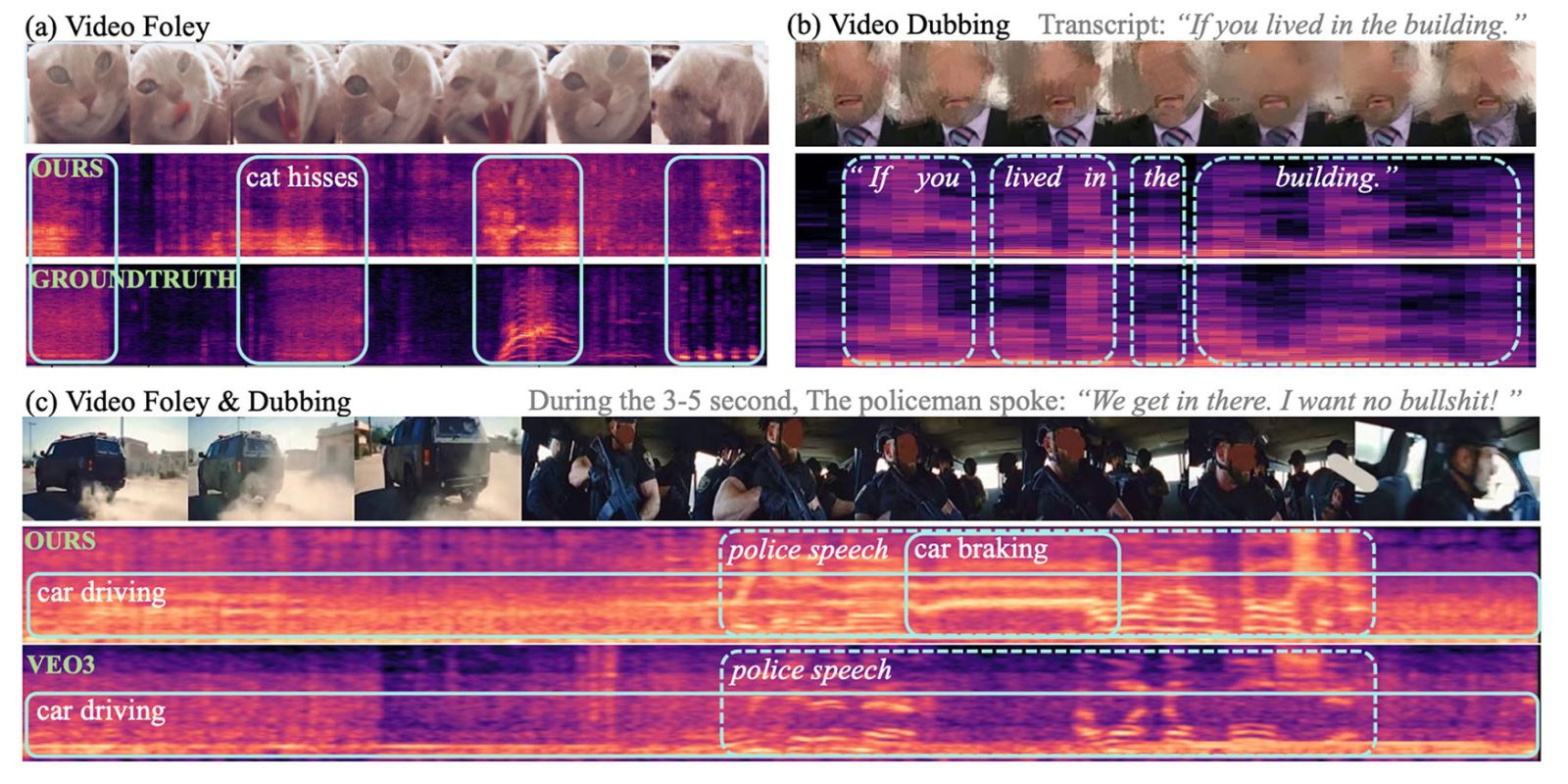
BREAKING: New research reveals that just one cup of coffee a day could significantly reduce the risk of atrial fibrillation (AF), a common heart condition linked to serious health issues like heart failure and stroke. A groundbreaking study led by the University of Adelaide and the University of California, San Francisco (UCSF) shows a remarkable 39 percent reduction in recurrent AF episodes among coffee drinkers.
This urgent update comes from a clinical trial involving 200 patients across Australia, the United States, and Canada. Half of the participants consumed at least one cup of coffee or espresso daily, while the other half abstained from coffee and caffeinated products. Over six months, researchers monitored patients for AF episodes, confirming results with electrocardiograms.
Professor Christopher X. Wong, the study’s lead author, expressed surprise at the findings: “The results were astounding. We found the coffee drinkers experienced a significant reduction in AF compared to those who avoided coffee.” This challenges the long-held belief that coffee exacerbates heart rhythm disorders.
In a striking shift, the research suggests that coffee is not just safe for AF patients but may be protective. Professor Gregory Marcus, senior author, elaborated on potential reasons for this positive outcome: “Coffee increases physical activity, which is known to reduce AF risk. Caffeine may also lower blood pressure, and other compounds in coffee possess anti-inflammatory properties.”
AF affects one in three people at some point in their lives, putting them at risk for blood clots and stroke. With rising cases, particularly among older adults, understanding factors that can mitigate this condition is crucial. Currently, around 500,000 Australians and over 10 million Americans live with AF, a number that continues to climb.
“This study provides clarity on how caffeinated coffee affects AF patients and should change medical advice,” noted Professor Marcus. The findings have been published in the prestigious Journal of the American Medical Association (JAMA) and were supported by the National Health and Medical Research Council, the Hospital Research Foundation, and the Heart Foundation.
Coffee consumption is prevalent in Australia, with approximately 75 percent of Australians drinking coffee daily. Following this study, Professor Wong encourages medical professionals to reconsider their stance: “Coffee-drinking patients with AF can safely continue to enjoy their coffee. It may even be beneficial for those who don’t drink it to consider starting.”
As the medical community absorbs these findings, the implications for patient care and dietary recommendations could be profound. Watch for further updates as more research emerges on the relationship between coffee and heart health.
Stay tuned for additional insights as this story develops, and share this crucial information with anyone who may benefit from a fresh perspective on coffee and heart health.






